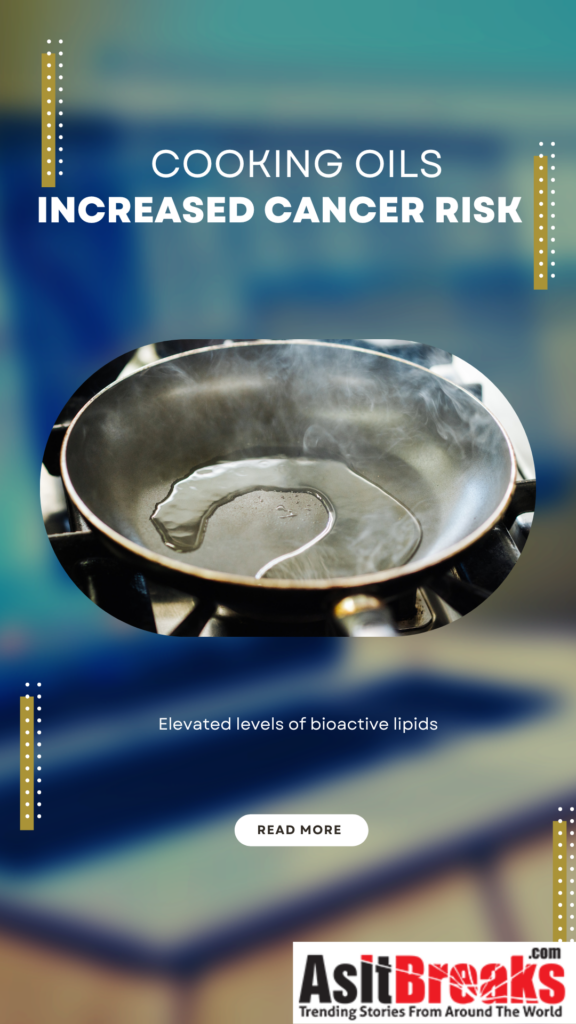A new government-supported study suggests a potential connection between certain cooking oils and rising colorectal cancer rates among younger Americans, though major health organizations maintain that moderate consumption poses minimal risk.
The research, published in the medical journal Gut, examined tumor samples from 81 patients aged 30 to 85 with colon cancer. Scientists discovered elevated levels of bioactive lipids—microscopic fatty substances produced during seed oil metabolism—within the tumors. These lipids, researchers found, were present in higher concentrations than those derived from healthier fats.
According to the study, these compounds may promote inflammation, facilitate tumor growth, and impair the body’s natural cancer-fighting mechanisms. The research team recommends switching to oils rich in omega-3 fatty acids, such as olive and avocado oils, to mitigate potential risks.
The findings come amid broader discussions about Americans’ increasing consumption of seed oils, including sunflower, canola, corn, and grapeseed varieties. Current estimates indicate that average annual consumption has risen dramatically since the 1950s, with Americans now consuming approximately 100 pounds per year.
However, major health organizations, including leading cancer and cardiovascular disease institutes, maintain there is insufficient evidence to conclude that moderate seed oil consumption as part of a balanced diet causes cancer.
Dr. Christopher Gardner, professor of medicine at Stanford University School of Medicine and nutrition scientist at the university’s Prevention Research Center, emphasized this point in a recent interview with heart.org.
“People are cooking with these oils, not drinking them,” Gardner said. “Very consistently, all the data say butter and lard are bad for our hearts. And studies show swapping out saturated fats and replacing them with unsaturated fats lowers the risk for heart disease.”
The study contributes to an ongoing debate about dietary fats and their health implications, as researchers continue to investigate the relationship between modern dietary patterns and rising cancer rates among younger populations.


